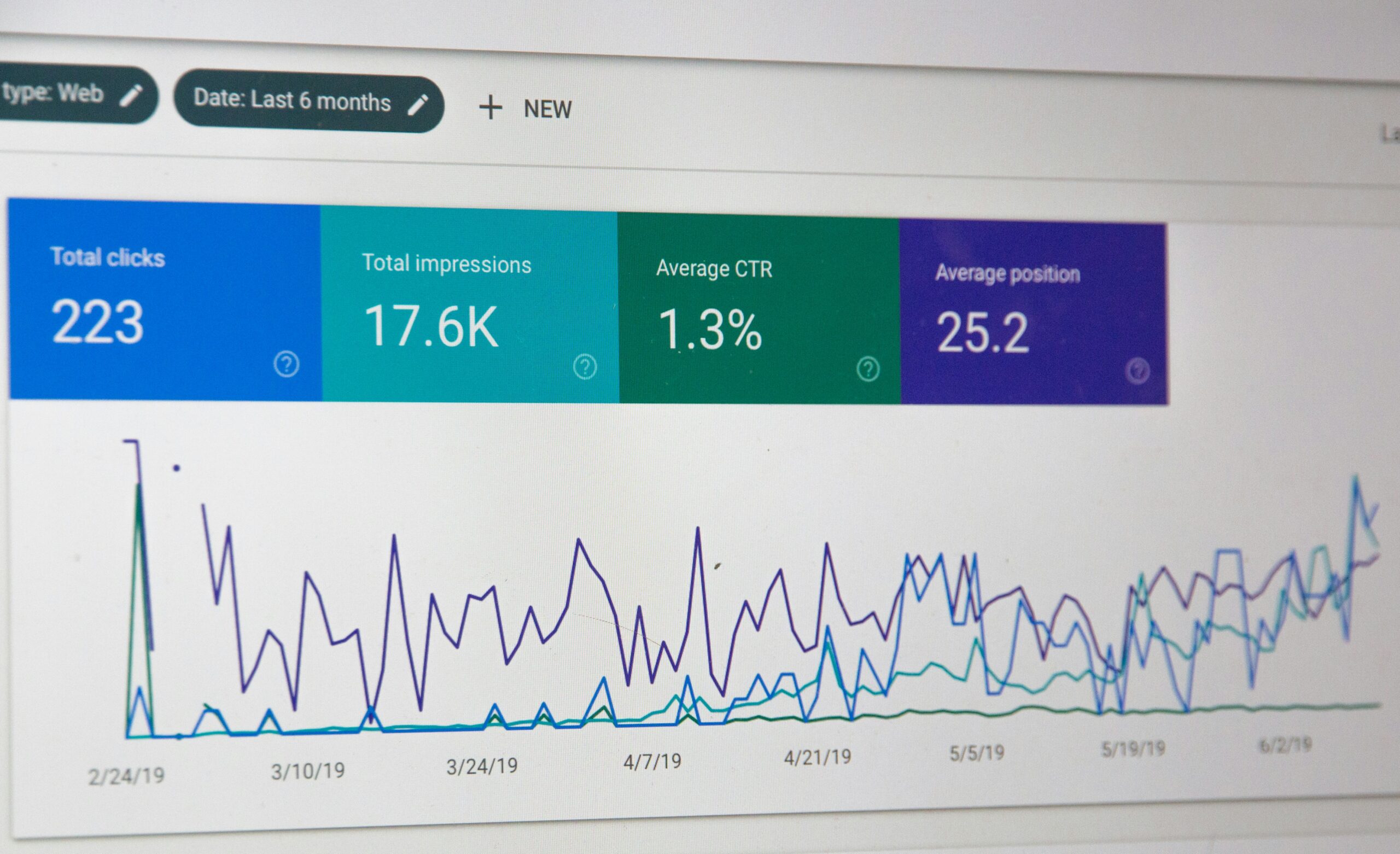From Good to Great: How To Set Your PPC Campaigns Up For Success In 2025.

As we enter 2025, the landscape of PPC advertising is changing, shaped by updates in data privacy, automation, and keyword targeting strategies. To remain competitive, we must stay ahead of these developments. With this guide you can refine your PPC strategy for this year, ensuring your campaigns are optimised for more leads and sales.
The Changing PPC Landscape
Data Privacy and Limited Insights
With tighter privacy regulations and Google’s ongoing data policy updates, advertisers now have less access to user data than ever. As Google puts less emphasis on third-party cookie tracking (after flip-flopping on the removal of 3rd party cookies in mid-2024) and restricting granular insights, the importance of first-party data collection is increasing.
We are big fans of server-side tracking, which gives you more control over your data and therefore allows for better marketing insights.
Automation Speeds Up
Automation in PPC is no longer optional—it’s essential. From automated bidding strategies to AI help with ad copy, automation simply saves time and allows for great performance. However, you need to be careful of over us of AI and relying on it solely.
Shifts in Keyword Targeting
Google is moving more towards broad match and intent-based targeting, reducing marketers’ control over exact match keywords. Exact is no longer exact. This shift requires a continuous approach to keyword management, including refining negative keywords and continuously looking for new search terms.
Diversification Beyond Google Ads
With rising costs and growing competition on Google, many businesses are switching their PPC efforts by exploring other platforms such as Microsoft Advertising, Amazon Ads, and even TikTok.
The overall cost of the traffic can be on (for instance) Microsoft Advertising. This means it is possible to get a better return on investment when your budget is limited.

Actionable Steps for PPC Success in 2025
-
Strengthen Your Keyword Strategy
- Identify New Converting Search Terms – Use insights from the search term report but also Google Search Console and campaign data to discover high-performing keywords. Add them into your campaign on exact match, so that you can create a “kingpin” list of keywords to point budget towards.
- Keep Negative Keywords Updated – Regularly refine your negative keyword list to minimise wasted ad spend.
- Leverage 2025-Specific Keywords – Stay ahead of seasonal trends and industry changes by incorporating relevant 2025 keywords for the year ahead.
-
Refresh Your Ad Copy

- Update Offers and Promotions – Ensure your messaging aligns with current business objectives and customer expectations.
- Use AI for Ad Copywriting – AI tools can generate and test multiple versions of ad copy, optimising them for better performance. However, all AI-written content must be sense checked. It’s a tool that will speed up writing but it can make mistakes and your ads must feel authentic.
- Incorporate Ad Customisers and Countdown Timers – If you are running time-sensitive promotions, ensure countdown timers and dynamic content are properly set up.
-
Optimise Landing Pages for Conversions
- Ensure Consistency Between Ads and Landing Pages – A seamless transition from ad to landing page enhances conversion rates.
- Implement a Testing Plan – A/B test various elements such as CTAs, headlines, and form lengths to improve performance.
- Develop a Testing Calendar – Schedule experiments throughout the year to continuously refine your landing pages.
-
Leverage Forecasting for Smarter Budgeting

- Analyse Past Data – Review previous years’ performance to identify seasonal trends and set realistic budget expectations.
- Optimise Media Spend – Avoid overspending past the point of diminishing returns by strategically allocating your budget to high-performing campaigns.
-
Let Automation Do The Heavy Lifting
- Automate Bidding Strategies – Experiment with smart bidding options like Target ROAS or Maximise Conversions for efficiency.
- Budget Pacing and Reporting – Implement scripts and automation tools to track campaign spending and performance metrics in real time.

Final Thoughts
This year’s success will require a more strategic and data-driven approach to PPC. By refining your keyword strategy, optimising ad creatives, improving landing pages, and embracing automation, you can drive more leads and sales. The time to prepare is now.
Are you ready for the year ahead? Start optimising your PPC strategy with us today!
